Jugnuma: The Fable – A Luminous Blend of Magic and Mountains
- Swapnil Mhaske
- Sep 13, 2025
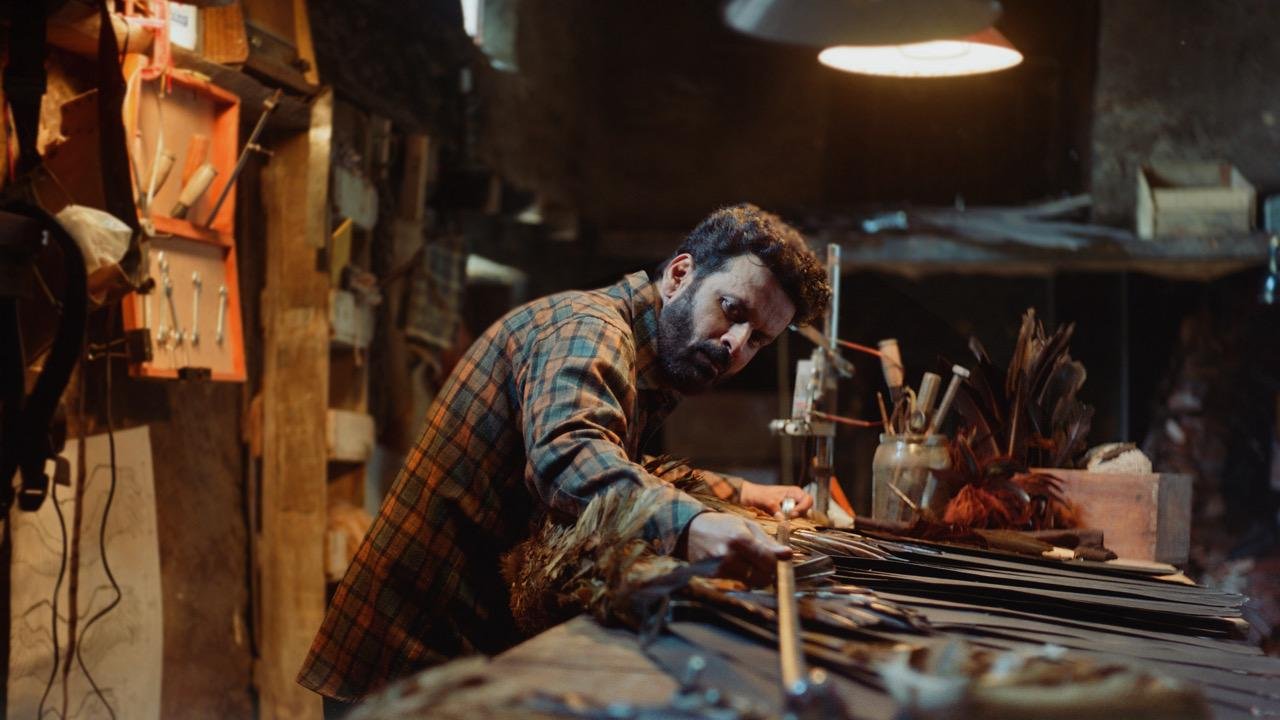
Manoj Bajpayee as Dev in Jugnuma: The Fable
MUMBAI: After a long time, a film that captures the patient heart has hit the theatres. Raam Reddy's Jugnuma: The Fable (2025) arrives like a firefly in the night - elusive, enchanting, and gone before you fully grasp its glow. Set against the misty orchards of 1980s Uttarakhand, this sophomore feature from the director of Thithi weaves a tapestry of magical realism that feels both timeless and urgently contemporary. Starring Manoj Bajpayee as Dev, a prosperous orchard owner grappling with encroaching wildfires and whispers of the supernatural, the film unfolds as a cautionary tale of human hubris, ecological fragility, and the thin veil between reality and folklore. It's not a film that rushes to conclusions; instead, it simmers, inviting viewers to linger in its hazy ambiguities.
From the outset, Reddy's vision captivates through its hypnotic visuals, shot on 16mm film by cinematographer Sunil Borkar. This deliberate choice lends the proceedings a grainy, tactile authenticity rare in today's digital gloss. The opening long take, drifting over fog-shrouded hills and firefly-lit nights, immediately immerses you in a world where the mundane (orchard disputes, family tensions) brushes against the mythical (a fable of wings and transformation narrated midway). Fire becomes a recurring motif, starting as smouldering patches in the trees and escalating to a metaphorical inferno that consumes Dev's illusions of control. This slow-burn escalation builds a premonition of doom, mirroring real-world anxieties about climate decay and cultural displacement in the Himalayas, where locals and outsiders clash over land and legacy.
At the heart of it all is Bajpayee, delivering what may be his most chameleonic performance yet. As Dev, he morphs from a grounded patriarch tending his apple groves with quiet pride to a man unravelling under guilt and delusion, his "wings" of privilege clipping with each unexplained blaze. Bajpayee's subtlety is piercing; a furrowed brow or a hesitant glance conveys volumes about a man confronting his role as both steward and intruder. Supporting him, Deepak Dobriyal shines as the wry narrator-manager Mohan, whose folksy voiceovers ground the film's ethereal drift, while Priyanka Bose brings haunting depth to Dev's wife, her folk songs a counterpoint to the encroaching chaos. Tillotama Shome adds a splash of whimsy as a colourful storyteller, and the ensemble's inclusion of trained local villagers infuses the narrative with raw, unpolished truth.
What elevates Jugnuma is its refusal to spoon-feed. Like a true fable, it layers symbols, fireflies as fleeting innocence, birds as omens of flight, without spelling out their meanings, leaving room for personal interpretation. Is it a class allegory, an environmental plea, or a meditation on storytelling itself? Reddy's script, honed over nine years and 36 drafts, embraces this malleability, culminating in a finale that interlinks its threads in a moment of serene epiphany. The result is a film that lingers, nudging you to revisit its silences long after the credits roll.
That said, Jugnuma demands patience from its audience. Its languid pace and cryptic edges may frustrate those craving plot-driven thrills, feeling more like a dreamscape than a straightforward drama. Yet, for viewers willing to surrender to its rhythm, the payoff is profound and a stoic reminder that true magic hides in the everyday, and redemption often arrives not with fanfare, but with quiet release.




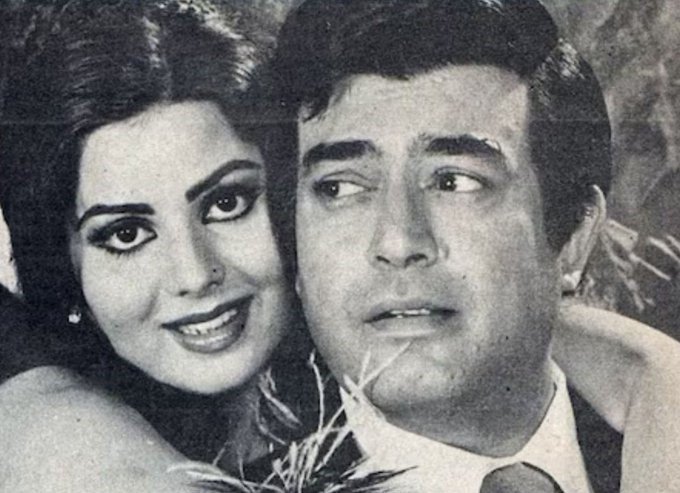
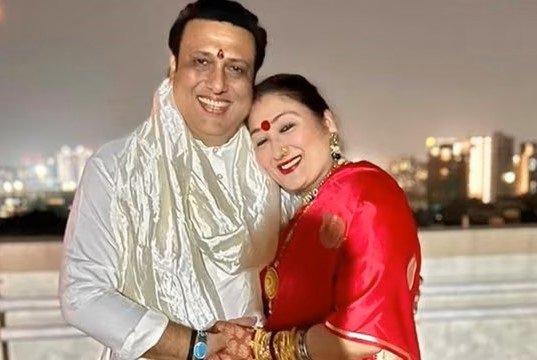

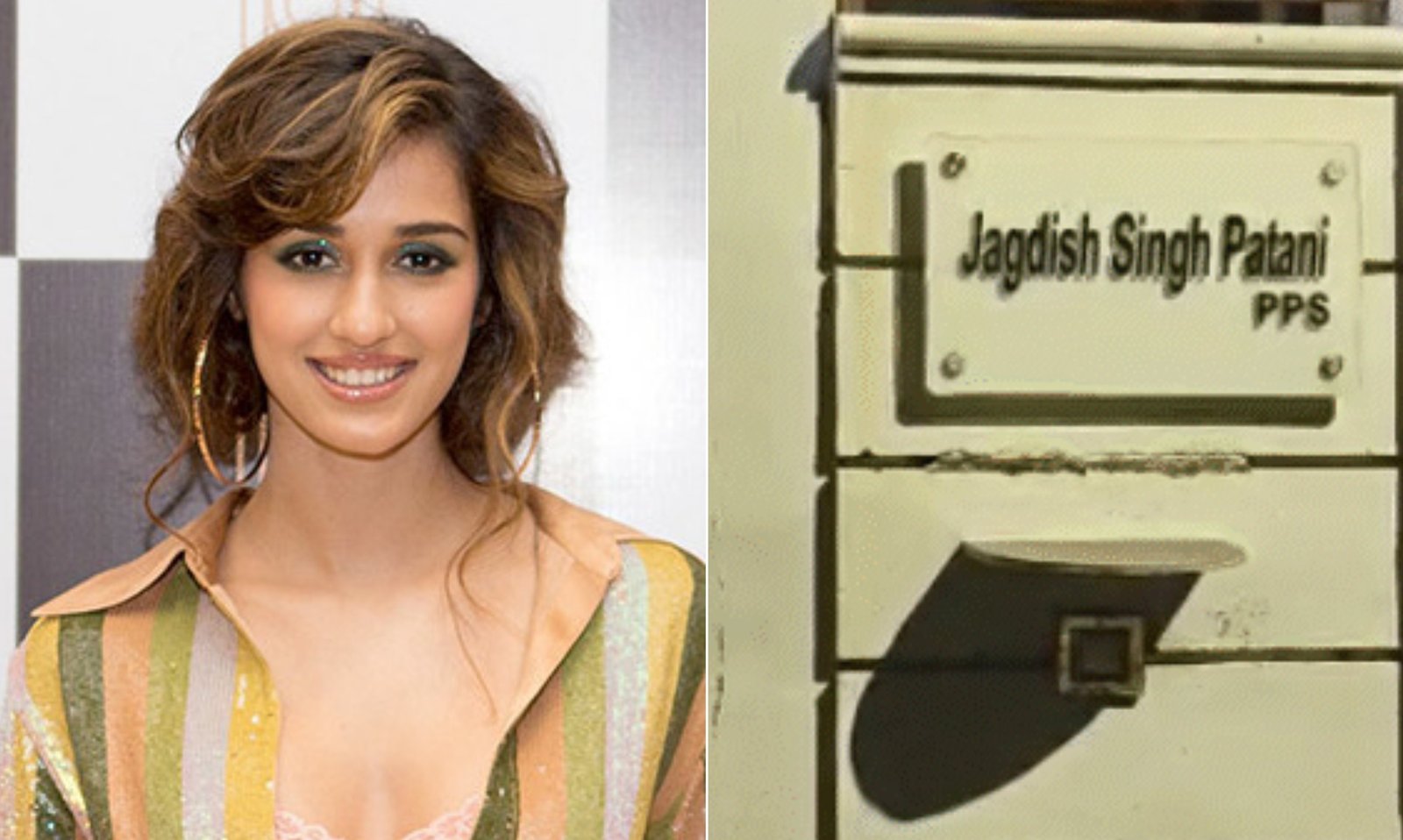
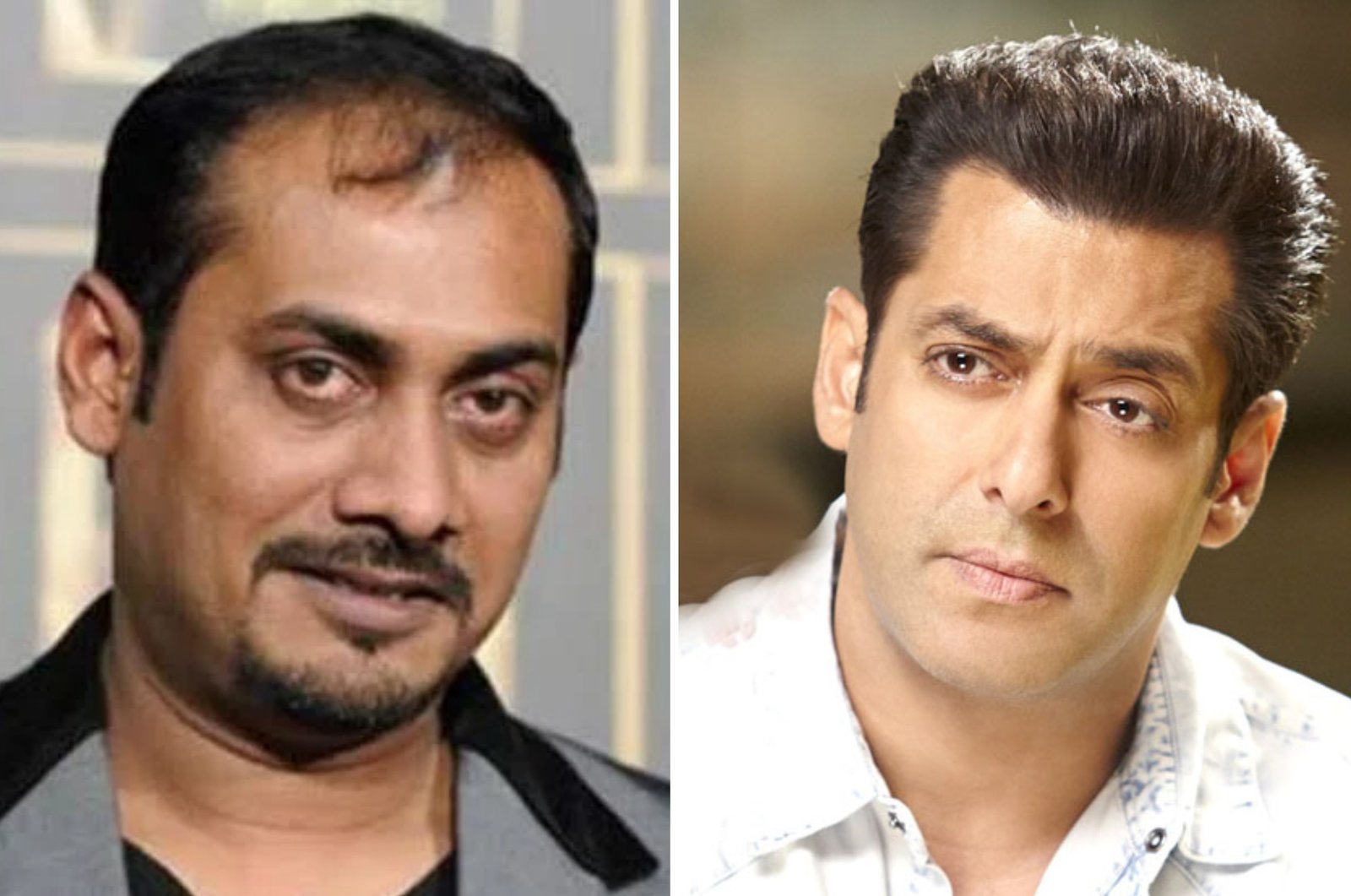
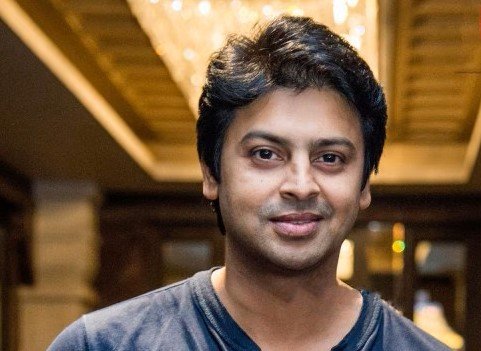
Reporter
Swapnil Mhaske is a budding reporter with keen eye for news worthy content.
View Reporter News